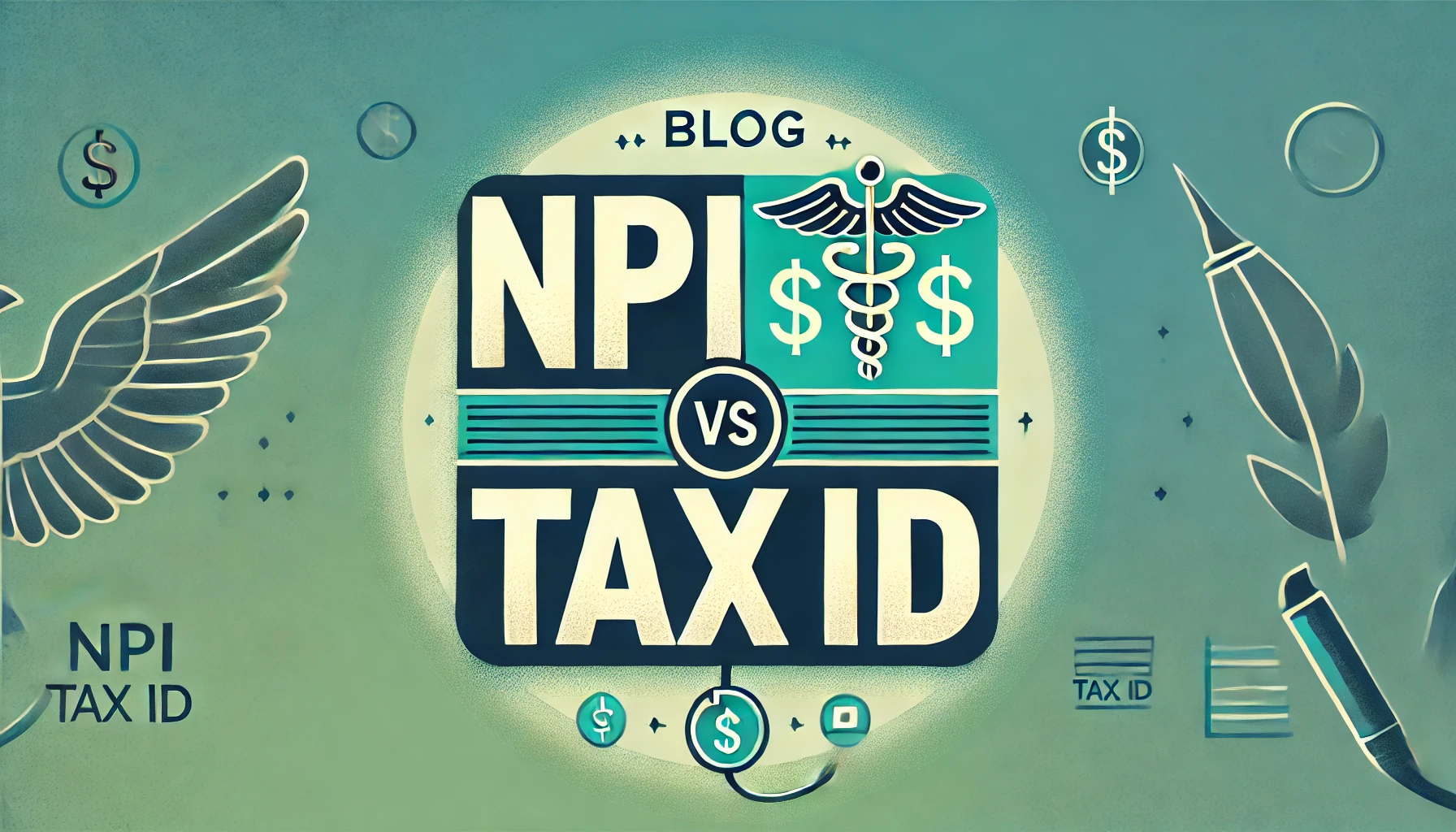A Complete Guide to Per Capita Tax [2024]
This blog explains the concept of per capita tax, its operation in Salford Township, and the importance of understanding this tax. It highlights the benefits of the tax structure and potential drawbacks and provides key insights into compliance and financial planning for residents.
Abhinil Kumar
Author

What is Per Capita Tax?
Per capita tax is a type of tax where each individual in a specified area pays a fixed amount, regardless of their income, financial status, or property ownership. This contrasts with progressive taxes, where the tax rate increases with income or property taxes that depend on property values. The simplicity and equality of per capita tax make it unique, ensuring every individual contributes the same amount to their community’s financial needs.
The relevance of per capita tax lies in its ability to distribute the tax burden more evenly among the population. By imposing a flat tax amount per person, regardless of their income or wealth, per capita tax ensures a certain degree of fairness and equity in the tax system. It prevents individuals with higher incomes from shouldering a disproportionately larger tax burden compared to those with lower incomes.
Another significance of per capita tax is its simplicity and ease of administration. Since the tax amount is fixed for each individual, it eliminates the need for complex calculations or assessments based on income levels. This simplifies the tax collection process and reduces administrative costs and burdens for both the government and taxpayers.
Furthermore, per capita tax encourages broader participation in tax payments. By requiring every individual to contribute the same amount, it promotes a sense of civic responsibility and ensures that everyone has a stake in financing public goods and services.
How Per Capita Tax Works
Per capita tax assigns a flat tax amount to each individual, simplifying the tax system and ensuring fairness. This system is particularly advantageous in areas like Salford Township, where the flat rate helps fund essential public services and maintains infrastructure.
Salford Township has set the per capita tax rate at $25 per individual. In addition to the township tax, residents are also subject to a per capita tax by the Salford Township School District, with a rate of $10 per person. These taxes are levied regardless of income or property ownership.
The implementation of the per capita tax ensures that all adult residents contribute towards the funding of local government services and education. It provides a more equitable approach as it is not based on an individual’s income or property values but rather on their status as a resident within the township.
Failure to pay the per capita tax can result in consequences for non-payment. The township may pursue legal action to collect the unpaid taxes, including penalties and interest. This serves as an incentive for residents to fulfil their tax obligations promptly and ensures the continued provision of essential services and quality education within Salford Township.
Importance of Understanding Per Capita Tax
Understanding per capita tax is essential not only for those directly affected by it but also for anyone interested in the mechanisms of public finance and civic responsibility. This tax model, while straightforward, touches on broader themes of equity, community funding, and public accountability.
- Ensuring Compliance and Avoiding Penalties: A key reason to understand per capita tax is to ensure compliance with local tax laws. Knowing how much one owes, when payments are due, and how to pay helps avoid late fees, penalties, or more severe legal consequences. For individuals and businesses alike, being informed means staying in good standing with tax authorities, ensuring peace of mind.
- Enhancing Civic Engagement: An informed citizenry is more likely to participate actively in governance. Understanding how tax revenues are utilized can encourage a more engaged populace that demands transparency and efficiency from local government. When taxpayers see how their contributions are being used to improve infrastructure, support education, and enhance community services, it fosters a deeper connection and commitment to their local community.
- Promoting Fair and Equitable Contributions: Understanding per capita tax helps individuals recognize the importance of equitable contributions to community welfare. This tax ensures that everyone, regardless of income or wealth, contributes a fixed amount to the maintenance and development of public services. Knowledge of this tax system supports a broader discussion on fairness and equality in taxation, encouraging debates and discussions that could lead to more refined tax policies.
- Financial Planning and Budgeting: For individuals and families, understanding per capita tax is crucial for accurate financial planning and budgeting. Knowing that this tax is due each year allows households to allocate the necessary funds ahead of time, which helps in managing annual budgets more effectively. This foresight prevents unexpected financial strain and contributes to better financial health.
- Influencing Tax Policy Reform: As residents grow more knowledgeable about per capita taxes and their impact, they can more effectively advocate for tax reforms that address their concerns and needs. This might include lobbying for progressive adjustments to the flat rate or advocating for increased exemptions for low-income residents. An informed public is more likely to influence and enact positive changes in tax policies, ensuring that the system evolves to meet the changing needs of the community.
Importance of understanding Per Capita Tax in Salford Township
For several reasons, understanding per capita tax is essential for the residents of Salford Township. Firstly, knowing the tax rules specific to Salford Township helps residents meet their financial responsibilities effectively and avoid penalties for late payments. The township, located in Pennsylvania, is known for its distinct tax structure that includes a set rate of $25 per individual plus a $10 school district tax.
Salford Township is located in Pennsylvania, and is known for its robust local governance and unique tax policies. This township utilizes per capita tax to fund essential public services and maintain infrastructure. Salford Township is renowned for its effective use of per capita tax to ensure equitable funding across its community. This has resulted in well-maintained public spaces and efficient public services, setting a benchmark for similar communities.
Benefits of the Tax Structure in Salford Township
- Equity: Every resident contributes the same amount, which fosters a sense of fairness and collective responsibility.
- Simplicity: The flat rate simplifies the tax collection process, making it easier for both taxpayers and administrators.
- Predictable Revenue: The township can predict annual revenue more accurately, aiding in effective budgeting and planning.
Disadvantages of Per Capita Tax in Salford Township
- Regressive Impact: Because it’s a flat rate, per capita tax takes a larger percentage of income from lower-income individuals.
- Limited Revenue Growth: Unlike income-based taxes, per capita tax doesn’t automatically increase with residents’ income, potentially limiting revenue growth as community wealth increases.
Learning from Salford Township’s Tax Structure
Other regions can learn from Salford Township’s implementation of per capita tax by analyzing both its benefits in creating a fair and simple tax system and its limitations in terms of revenue generation and equity. Adapting this model with modifications like graduated per capita rates based on income brackets could address some of these challenges.

Per Capita Tax
Factors and Methods considered in calculating Per Capita Tax
Per capita tax refers to a tax imposed on each individual in a specific jurisdiction. The factors considered in calculating this tax may vary depending on the region but typically include age requirements, tax rates for township and school district taxes, and the option for per capita exoneration.
Key Factors Considered:
- Residency Requirement: Per capita tax is levied based on an individual’s residency within a specific jurisdiction. Eligibility often requires the individual to be a resident as of a specific date set by the local government.
- Age Criteria: Most jurisdictions set an age requirement, usually between 18 to 21 years old, to qualify for per capita tax liability. This ensures that only adults are responsible for this tax, acknowledging their potential to contribute financially to the community.
- Exemptions and Rebates: Exemptions may be provided based on age, disability, or income levels. For instance, senior citizens or individuals below a certain income threshold might be exempt from paying the tax, or they might pay a reduced rate.
- Tax Rates: The actual amount to be paid is determined by local authorities and can vary significantly from one jurisdiction to another. This rate is usually a flat amount that does not fluctuate with income or property value.
- Additional Levies: In some cases, additional levies may be included in the per capita tax to fund specific projects or initiatives, such as school funding or infrastructure projects.
Methods for Calculating Per Capita Tax:
- Flat Rate Calculation: The most common method for calculating per capita tax is a simple flat rate applied to all eligible residents. This method promotes fairness and simplicity in administration.
- Prorating Based on Residency Duration: Some jurisdictions may prorate the tax amount based on how long an individual has lived in the area during the taxable period. This method ensures that new residents are not overly burdened if they haven’t lived in the jurisdiction for the full tax year.
- Adjustments for Partial Exemptions: When exemptions are based on sliding scales of income or other factors, the tax amount may be adjusted accordingly. This requires a more complex calculation to accurately reflect each individual’s tax liability based on the qualifying criteria.
- Combining with Other Local Taxes: In some regions, per capita tax may be collected alongside other local taxes, such as property taxes or utility fees, and may be included in a single bill. This combined billing method can simplify payment for taxpayers and reduce administrative costs.
- Annual Updates and Notifications: Local tax authorities regularly update the tax rates and exemption criteria based on economic conditions and budgetary needs. Residents are typically notified of any changes through mailings or official postings on government websites.
Conclusion
In Salford Township, the per capita tax is a flat rate tax, a simple and equitable approach to ensure every resident contributes to the community’s financial responsibilities. Unlike an occupation tax that varies based on one’s profession, capita taxes offer a unique flat tax rate that is the same for each person, reinforcing the idea of equality in civic duty. Whether you are a current occupation holder or a retired individual, this tax is a fixed amount, underlining the township’s commitment to a fair taxation system.
The annual per capita tax collection process is straightforward, and designed to alleviate the complexity often associated with property tax and other occupation taxes. As a property owner, understanding this tax is vital, as it’s separate from the property tax you might already be familiar with. It’s a testament to the township’s dedication to maintaining transparency and efficiency in the payment of taxes.
The role of the collection agent is pivotal in this process, ensuring that each person’s annual contribution is collected without a hefty collection fee, allowing for the continued support and development of local infrastructure and services. As we look towards the future, it’s clear that per capita tax will remain an integral part of how Salford Township sustains its public services, ensuring every property tax owner contributes to the common good.
By grasping the essence of this flat occupation tax, residents can appreciate how their contributions aid in enhancing their living environment, showcasing the intrinsic value of sharing the financial load to better the community. It’s not just about paying taxes; it’s about investing in the welfare of the place we call home.
FAQ
Q1: What is a per capita tax? A per capita tax, also known as a “head tax” or “poll tax,” is a flat tax levied on each adult resident within a jurisdiction. In Salford Township, it’s a fixed amount charged annually to every resident aged 18 and older, regardless of income, occupation, or property ownership.
Q2: How is the per capita tax rate determined in Salford Township? The per capita tax rate in Salford Township is set by local government authorities and is a predetermined flat rate. The rate is reviewed and adjusted as necessary to align with the township’s budgetary needs and public service funding goals.
Q3: If I move out of Salford Township, do I still have to pay the per capita tax? The per capita tax is levied on residents as of a specific date each tax year. If you move out before that date, you may not be liable for the tax for that year. However, it’s important to notify the Tax Collector’s office of your change in residence to ensure proper tax billing.
Q4: Can the per capita tax in Salford Township be deducted from my income tax? While per capita taxes generally are not deductible on federal income taxes, you should consult with a tax professional to understand if there are any local or state tax provisions that may allow for such a deduction.
Q5: What happens if I don’t pay my per capita tax in Salford Township? Failure to pay the per capita tax can result in penalties, interest, and potential legal action to collect the outstanding amount. The Tax Collector’s office may employ various methods, such as collection agents, to recover unpaid taxes. It’s crucial to pay your taxes on time to avoid these additional charges and legal complications.


